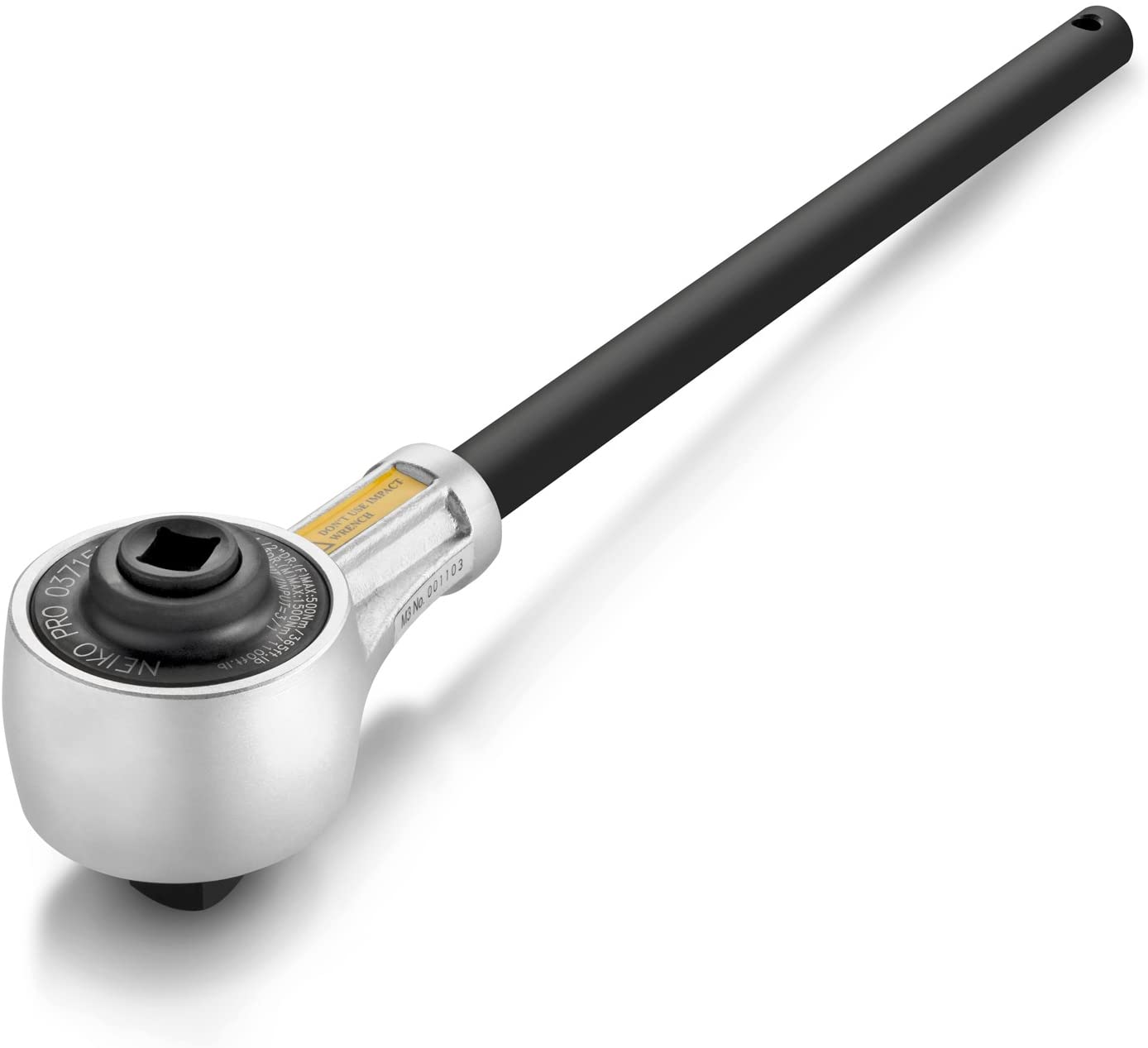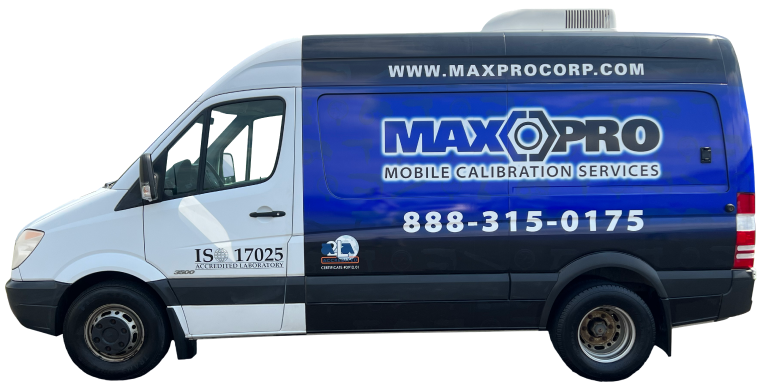 A torque multiplier is a tool that provides a mechanical advantage when loosening or tightening nuts and bolts. They’re used to increase the amount of applied torque, allowing workers to rapidly assemble or disassemble heavy machinery, vessels, and structures.
A torque multiplier is a tool that provides a mechanical advantage when loosening or tightening nuts and bolts. They’re used to increase the amount of applied torque, allowing workers to rapidly assemble or disassemble heavy machinery, vessels, and structures.
Torque multipliers are the epitome of “work smarter, not harder.” They provide upgraded safety, greater precision, and higher levels of efficiency and productivity. Under normal circumstances, tightening and loosening heavy-duty fasteners is
exhausting work.
A torque multiplier is an invaluable addition to your toolkit. It provides the extra power you need to turn bolts, nuts, and screws with ease. A small push can generate a high torque making it a better, safer alternative to extended handles or “cheater bars”, which can result in a safety hazard if the tool were to fail while in use.
Types of Torque Multipliers
In order to use a torque multiplier safely and properly, you must use the right multiplier for the task at hand. There are three types of torque multipliers, and each is best suited for a different application.
Hand torque multipliers – Are highly effective in field service applications. Since they don’t require an external power source, they can be used anywhere where power is unavailable or unreliable, for instance, at sea or in mines.
Pneumatic torque multipliers – These tools use compressed air to increase the force applied to nuts and bolts. They’re powerful, fast, precise, and efficient. But they need access to a compressor to work, limiting their use to heavy manufacturing facilities equipped with the infrastructure needed to support them.
Electric torque multipliers – Use AC power to tighten or loosen fasteners and are controlled with a microprocessor. They easily outperform hand multipliers for speed, making them a great alternative in field service applications. However, they are less preferable to pneumatic multipliers due to the relative availability of electricity compared to compressed air power.
Torque multipliers consist of an epicyclical gear train that multiplies the applied force at each stage of the gear range. Even though the gear arrangement is fairly simple, torque multipliers reduce the amount of force needed.
The Benefits of Using Torque Multipliers
Torque multipliers improve productivity and worker safety, making them essential in heavy service jobs. Installing bolts, nuts and screws is everyday work in most production and assembly facilities. These devices make it easier to get the job done without wasting precious time and energy.
No matter the type of fastening, torque multipliers make the job easier and less strenuous, which increases manufacturing productivity. Other reasons to use a torque multiplier include:
- They’re safer than extended handles. Torque multipliers can reduce the lever length needed to loosen or tighten fasteners by a factor of 5, 25, or even 125 depending on the type of multiplier.
- Are especially useful for loosening stubborn bolts.
- Can be used to apply the right amount of torque in an application.
- They remove much of the physical effort from the tightening task.
Torque multipliers provide a slower, more precise fastening process which ensures that the fasteners are neither too tight nor too loose. As a result, they reduce the need for future repairs and readjustments, thereby increasing worker efficiency and productivity.
Choose the Right Torque Multiplier for Your Production Processes
A torque multiplier is an indispensable tool in production processes in areas where there are safety guidelines that disallow the use of long cheater bars. They’re a necessary tool in many heavy industries. If your goal is to increase worker productivity and efficiency, the key is to choose the right torque multiplier for the job.
Once you’ve figured out the right kind of multiplier, you can then pin down the best manufacturer by comparing factors such as production costs, quality standards, and reputation.





